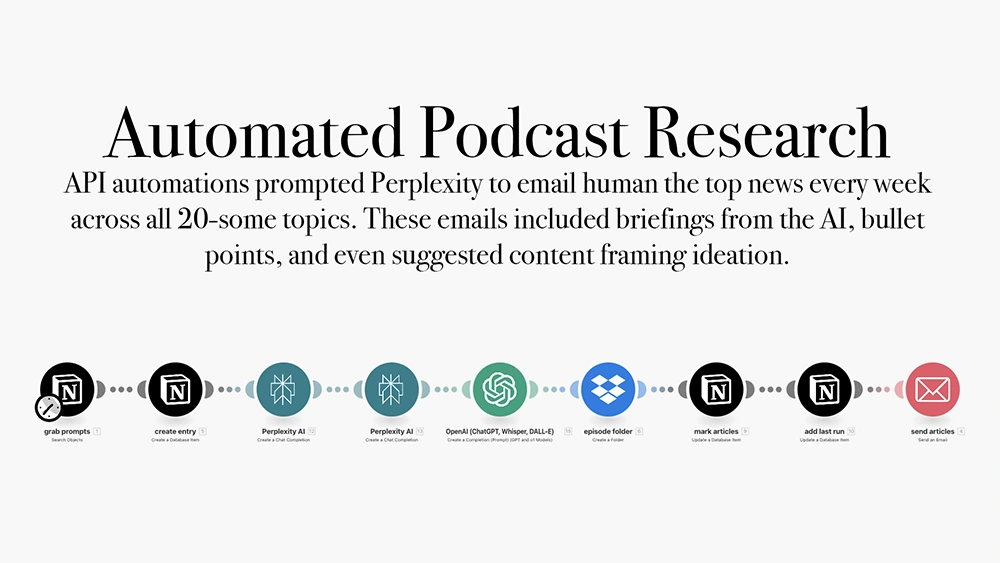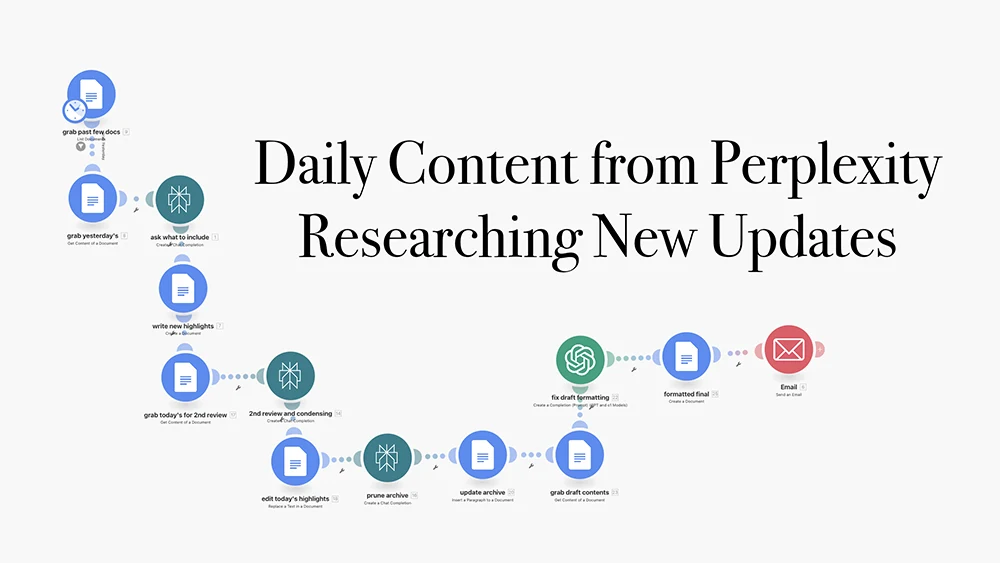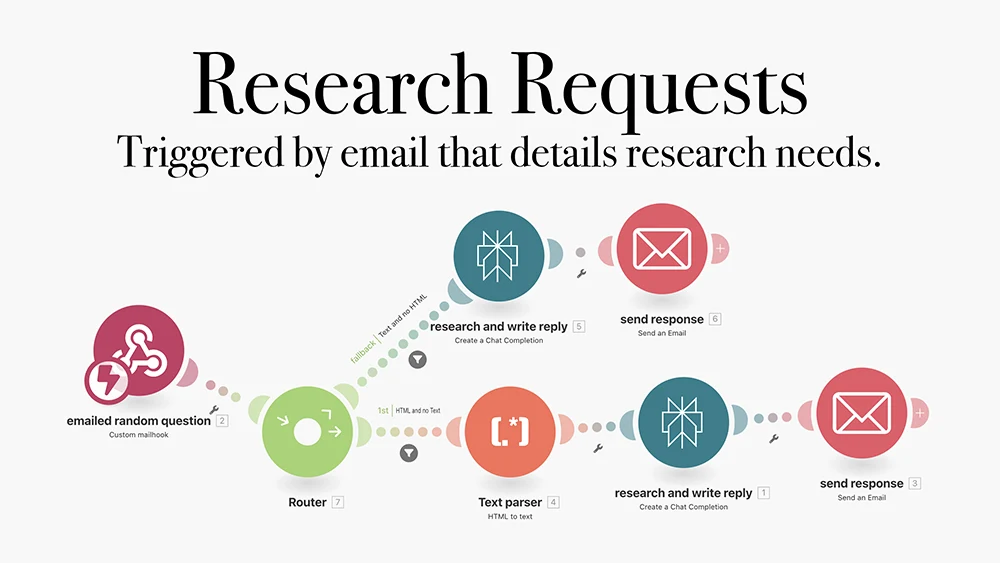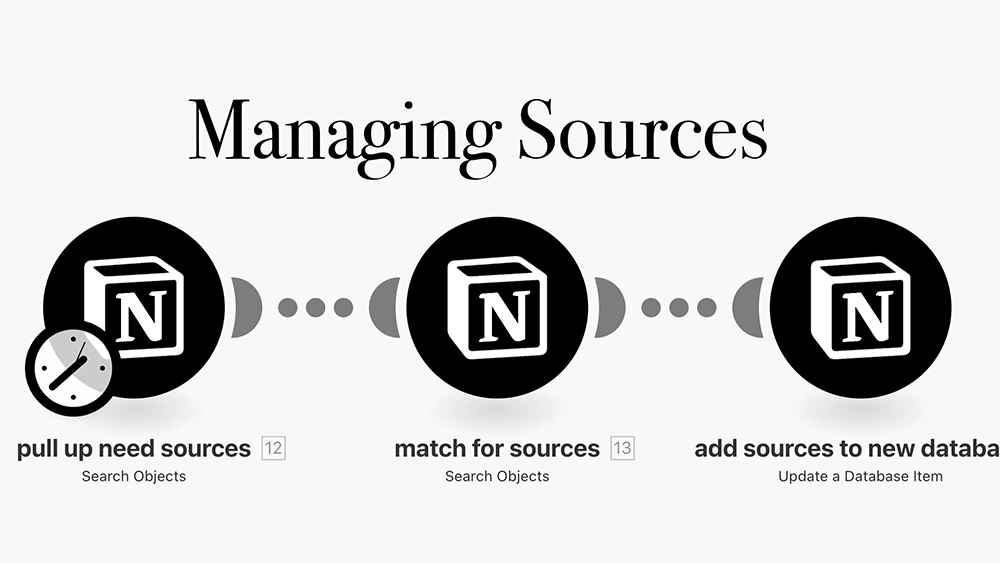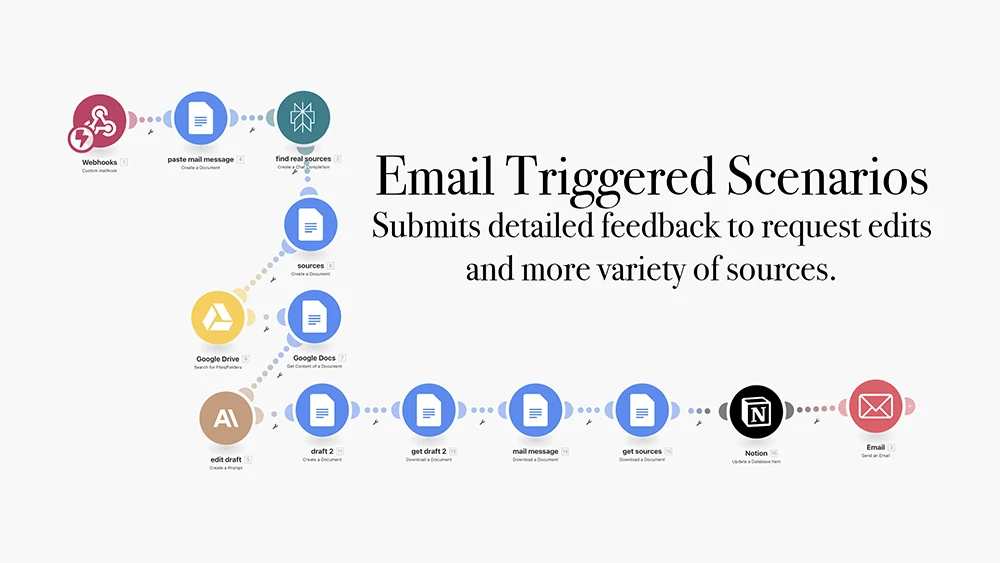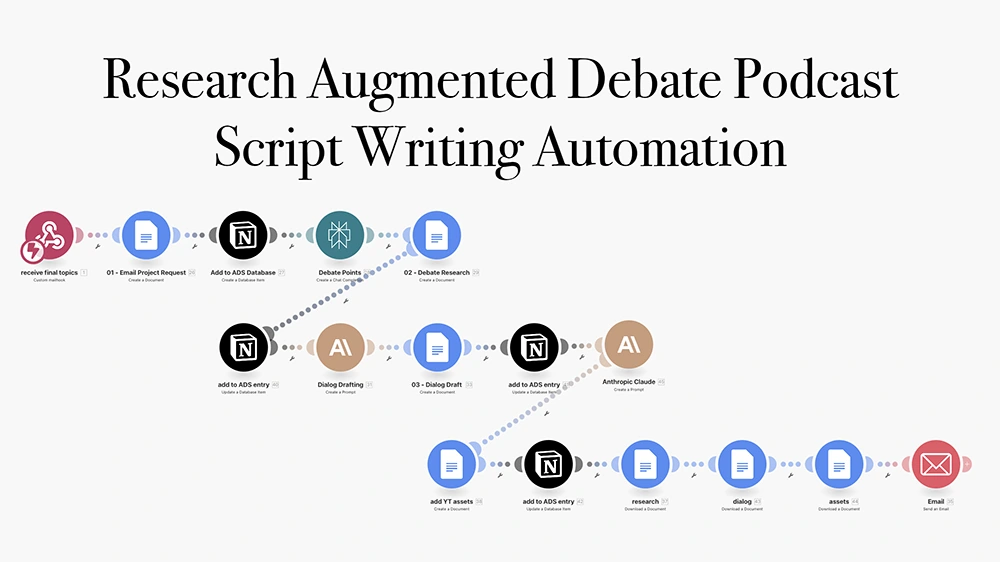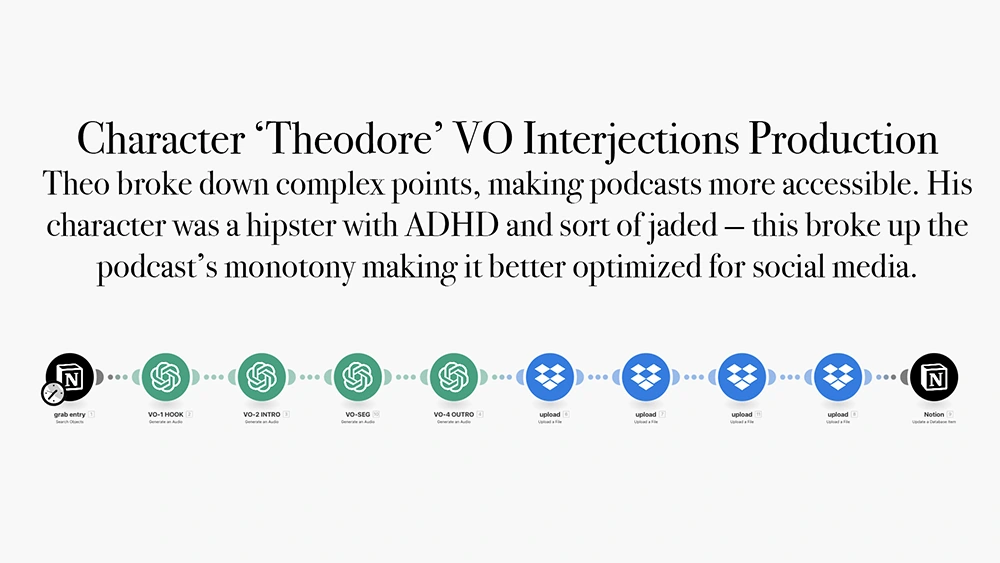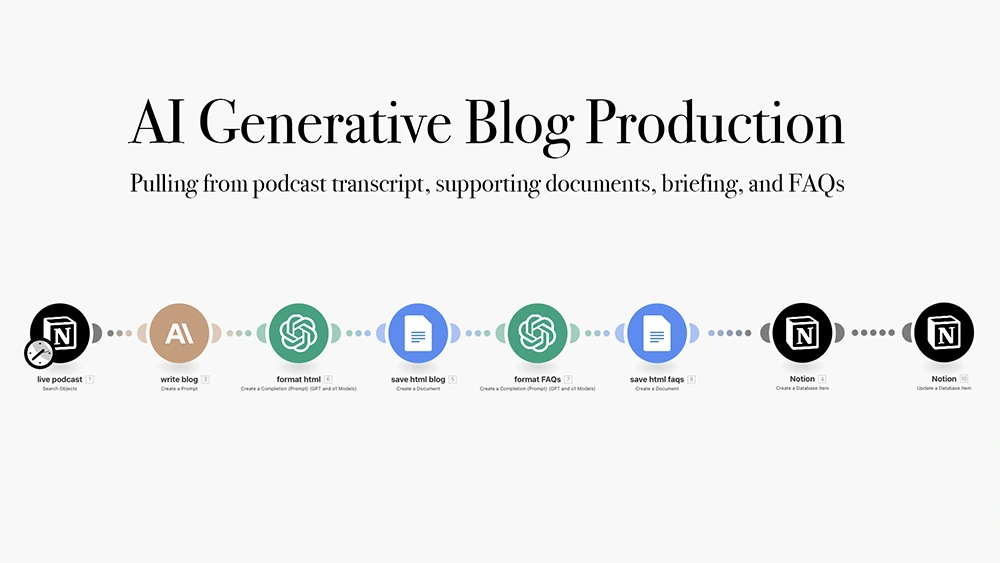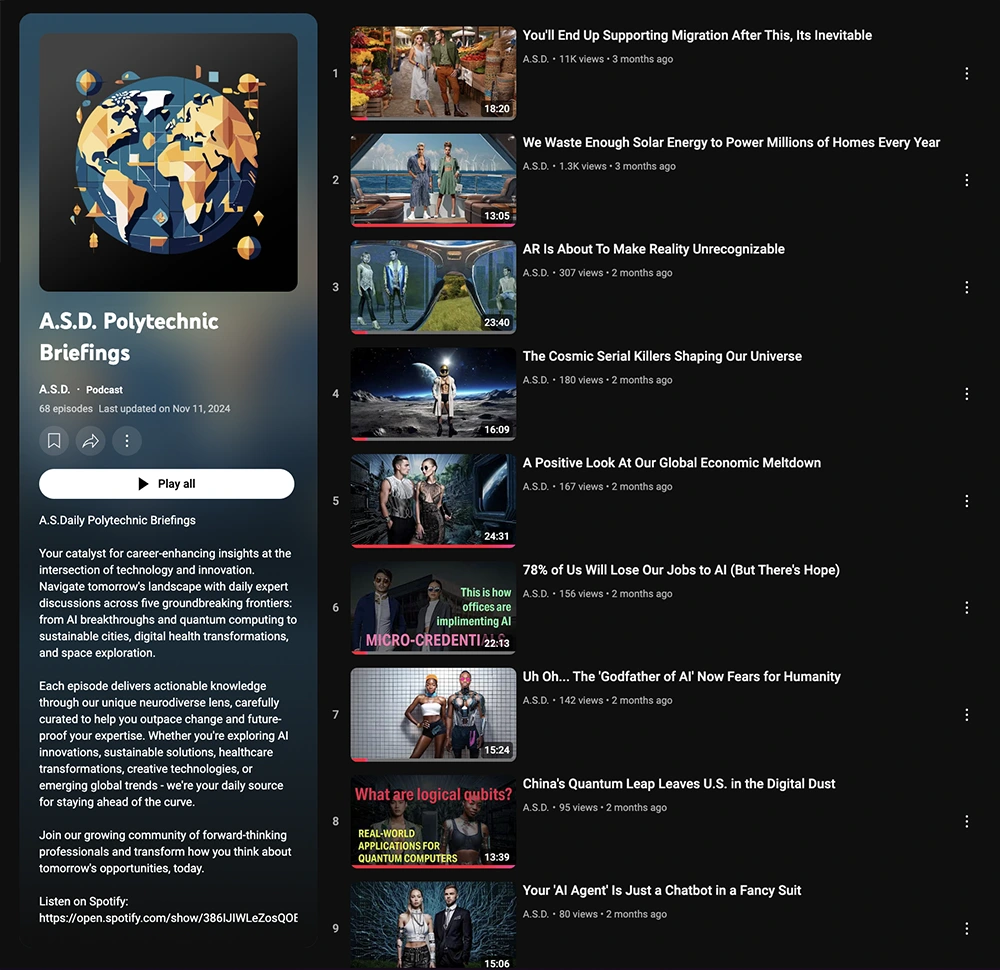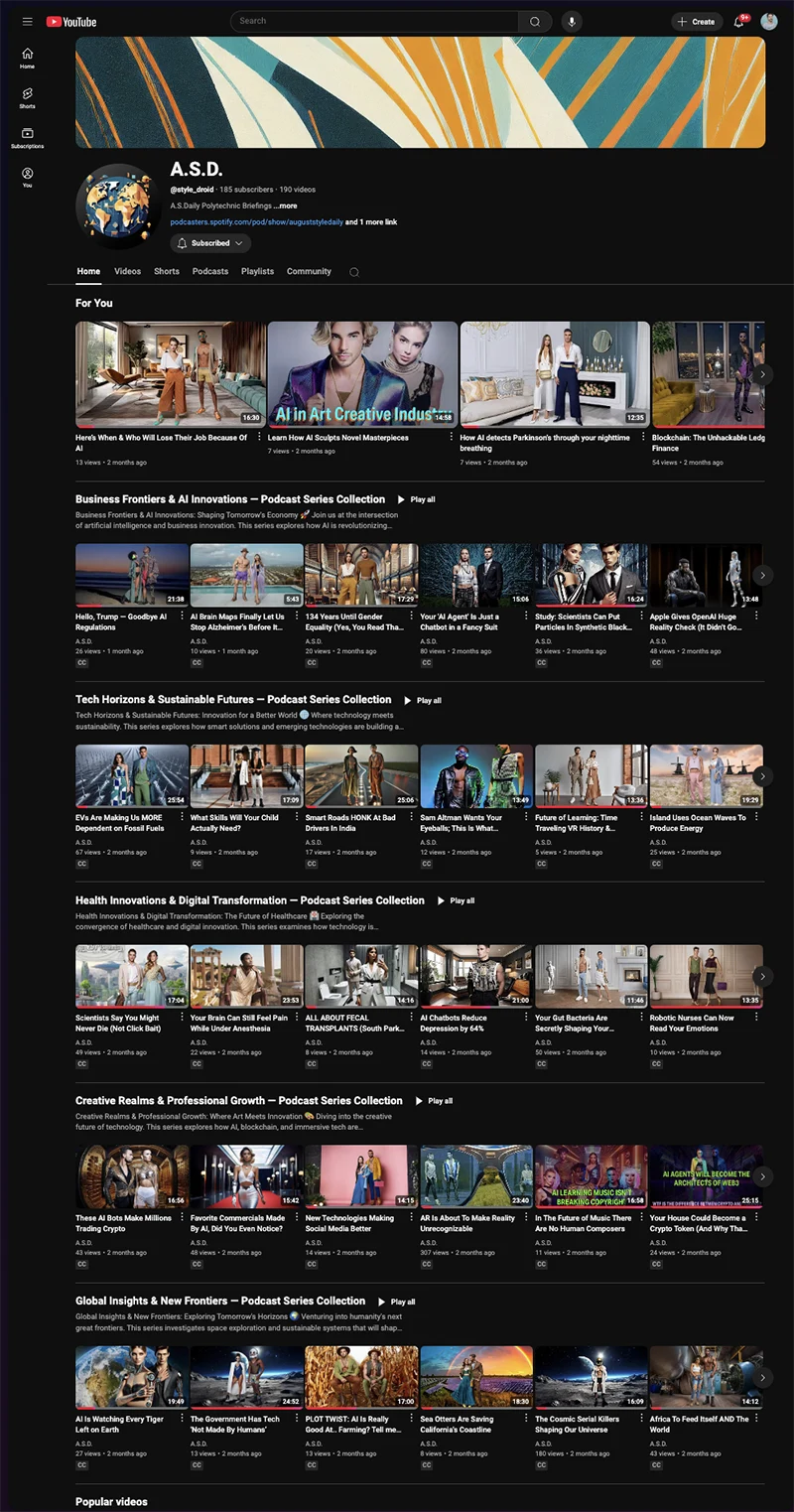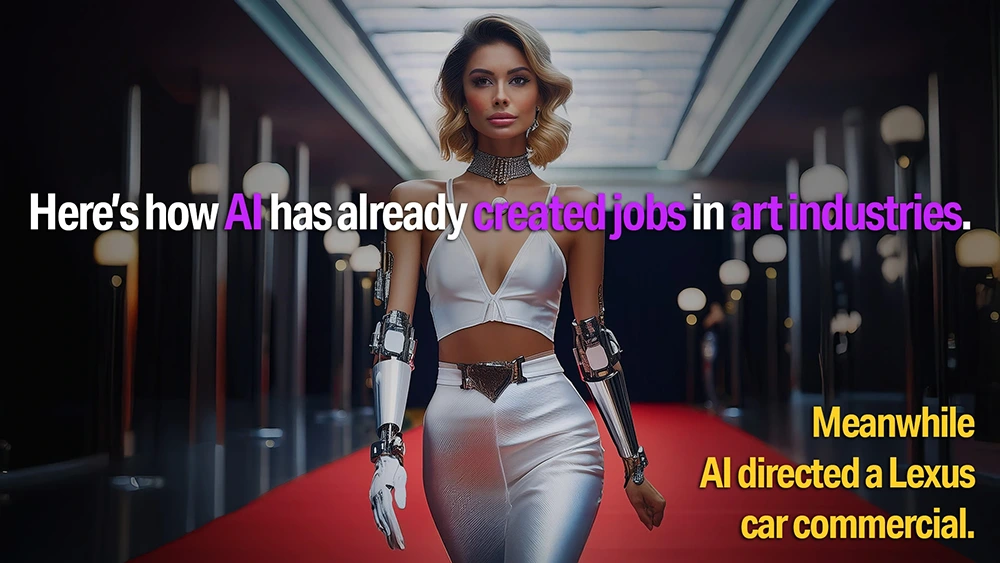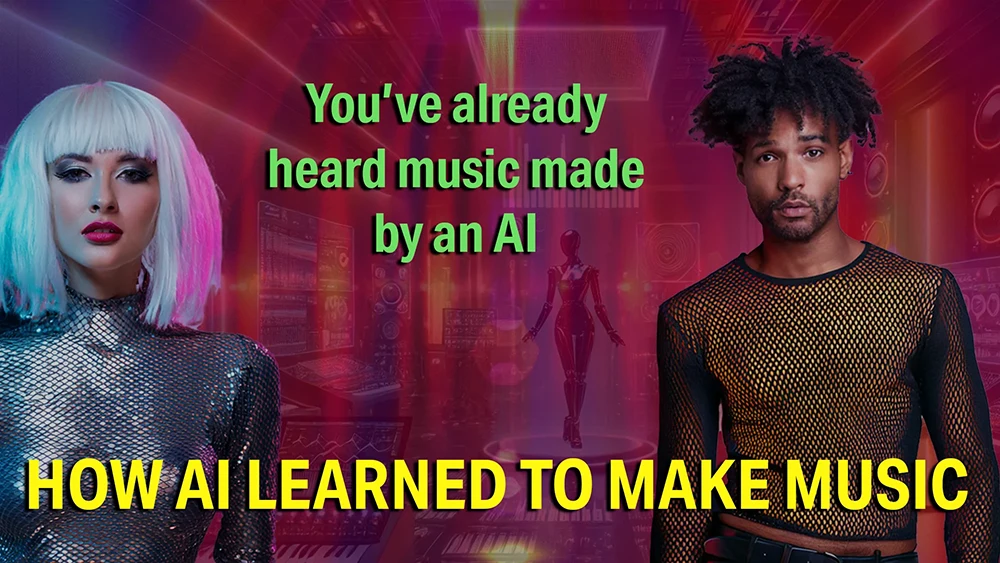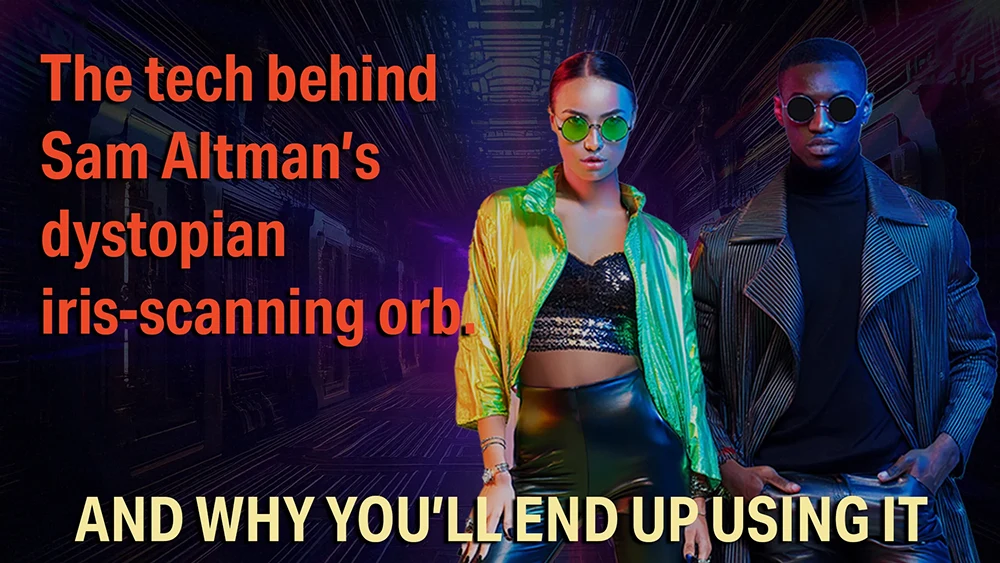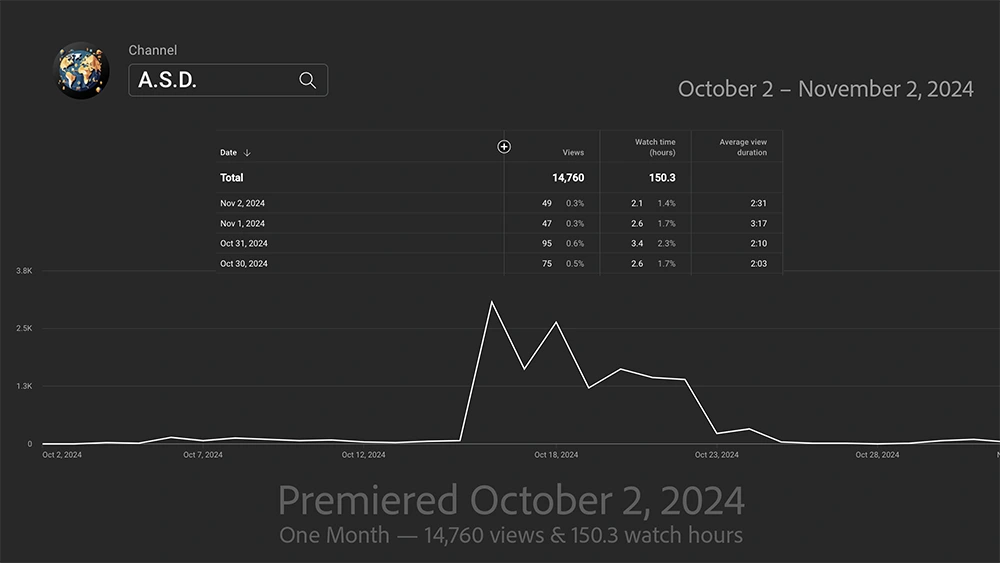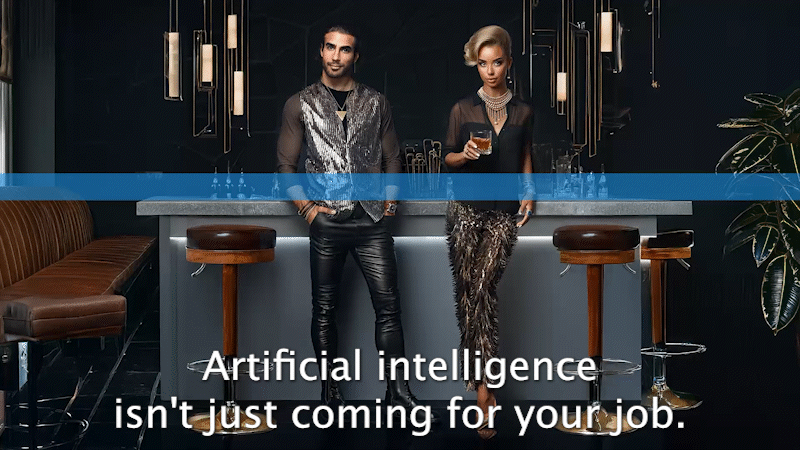Decentralizing Knowledge Through Technology
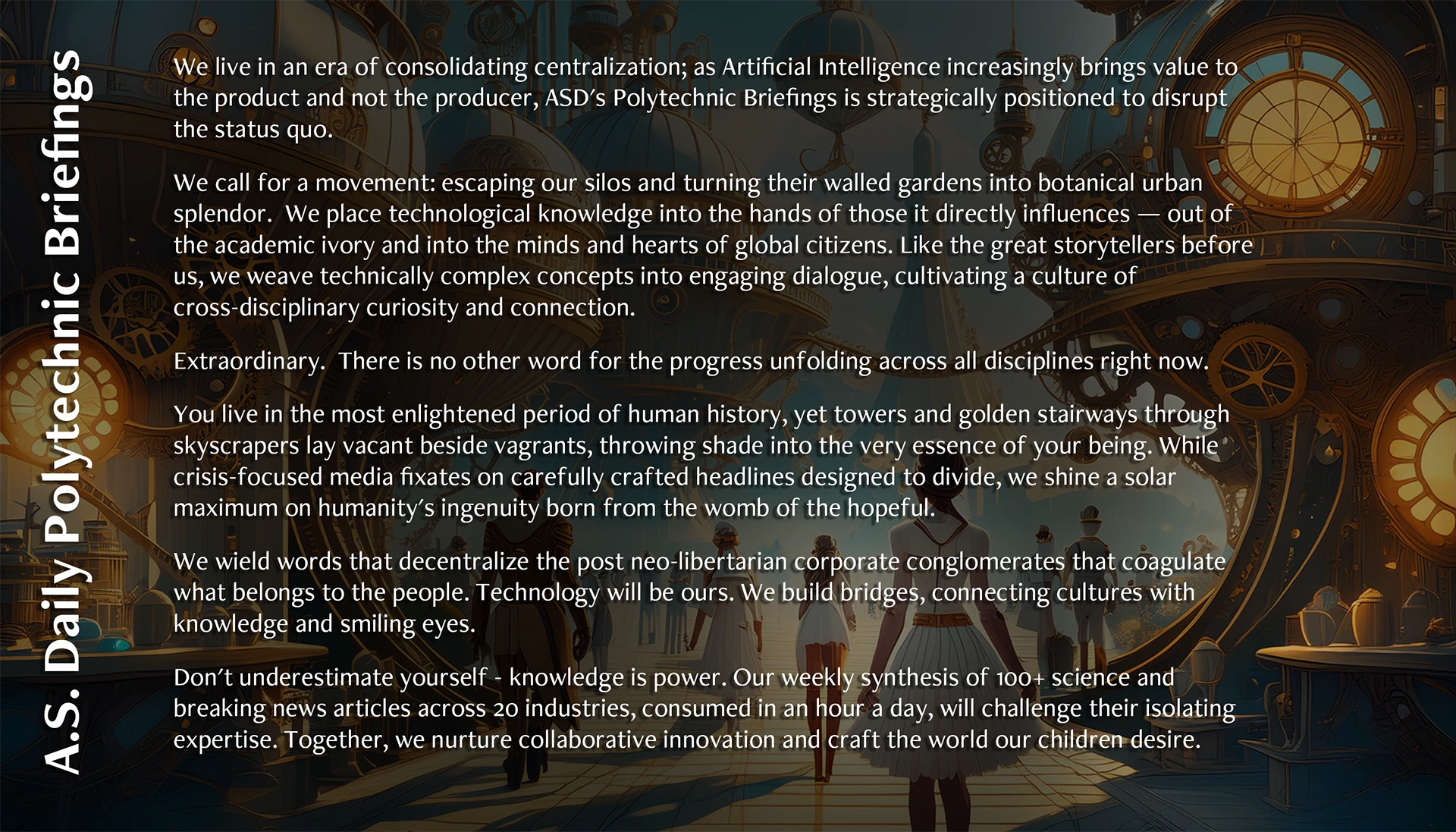
In an era of increasing centralization, where artificial intelligence shifts value from producer to product, we envisioned a different path toward democratizing knowledge. Our manifesto wasn't just a statement – it was a blueprint for disrupting traditional media paradigms through AI-augmented content production, challenging the notion that automation and human creativity must exist in opposition. The goal transcended mere content creation: we aimed to transform complex technical knowledge into engaging, accessible content while maintaining both scale and quality, ensuring that valuable insights wouldn't be locked away in academic ivory towers or corporate knowledge silos.
The challenge seemed paradoxical: how do you automate content production while preserving the human elements that make content engaging? The answer lay in building a system that didn't just generate content, but orchestrated a symphony of research, analysis, and creative production. This approach required rethinking the entire content creation pipeline, from initial research to final distribution, ensuring that each automated step enhanced rather than diminished the human elements that make content resonant and meaningful.
